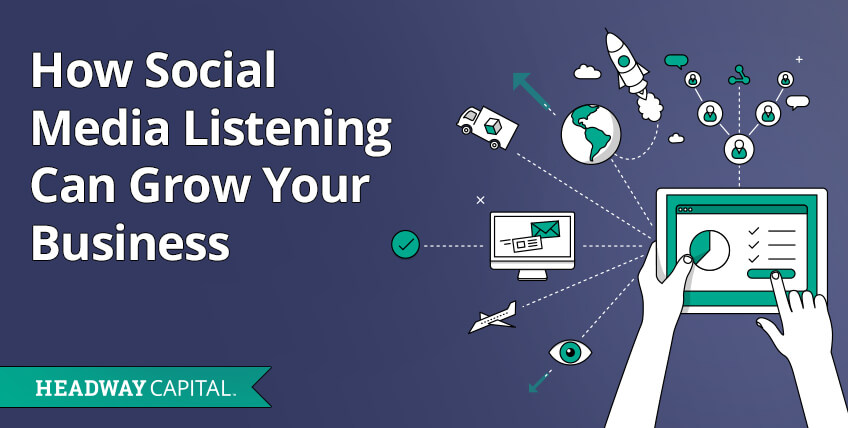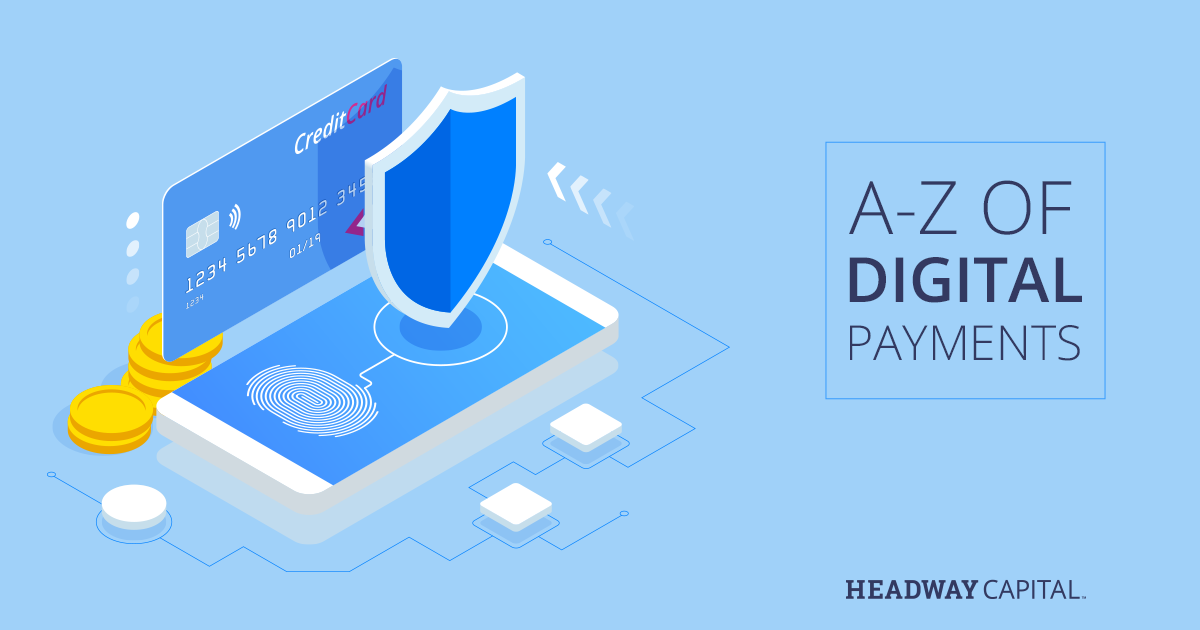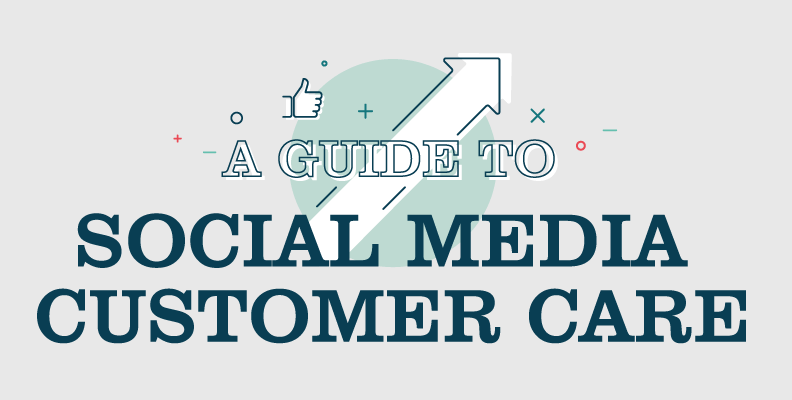How Social Media Listening Can Grow Your Business
If you’re using social media to support your business and generate leads (as you should be!), you may think that posting regularly and monitoring your engagement is enough. But rather than just monitoring, social media listening is what you should be going for to make sure your content is proactive as well as reactive.
Social listening is the process of tracking conversations around specific phrases, words or brands, and then leveraging them to discover opportunities or create content for those audiences.1 So whereas with social media monitoring you’re measuring engagement and responding to customers, with listening you can see the bigger social media conversation that is going on in your brand’s space and incorporate that into your social strategy.
With that in mind, let’s look at three ways social media listening can grow your business.
1. Shape the Messaging of Your Advertising
You may think you understand what makes your business successful, but social media listening can open your eyes to aspects of your product or service that your customers really love. For example, if you are a restaurant owner and you’re sure your food is the best in the area, but your social media audience constantly discusses your business’s history in the community, maybe your advertising should focus more on your restaurant’s heritage rather than the food. While your social media posts and reviews will certainly mention the food, social media listening allows you to see other trends that go beyond the product or service you actually deliver.
2. Improve the Customer Experience
While social media monitoring may address individual incidents, social media listening allows you to see bigger trends so those incidents occur less and less. Imagine you are a smoothie shop. On Friday, you have a customer return one of your smoothies because it tastes bitter. So you apologize and refund the smoothie. Addressing a concern like that on social media would be an example of social media monitoring. Now two weeks later — and intermittently after that — you have customers complain about the bitter taste of your smoothies on Friday. You are able to identify a trend and realize it’s the fruit that comes in on Fridays that is the problem, so it’s something to be addressed with your fruit vendor.
3. Create and Share Great Content
You may not consider content marketing to be an important part of your small business’s marketing strategy, but that doesn’t mean you shouldn’t thoughtfully consider each piece of content you create or share. Social media listening allows you to better understand what your customers and your audience are talking about and how you can contribute to the larger conversation. Use an analytics tool to see which hashtags, topics or keywords are used when people write about your community, industry or (if you’re large enough) brand. An analytics tool can also help you determine which hashtags you should be using to become more visible to your desired audience.
References
1Jackson, D. (September 20, 17). What Is Social Listening & Why Is It Important? Retrieved September 27, 2017 from https://sproutsocial.com/insights/social-listeni






